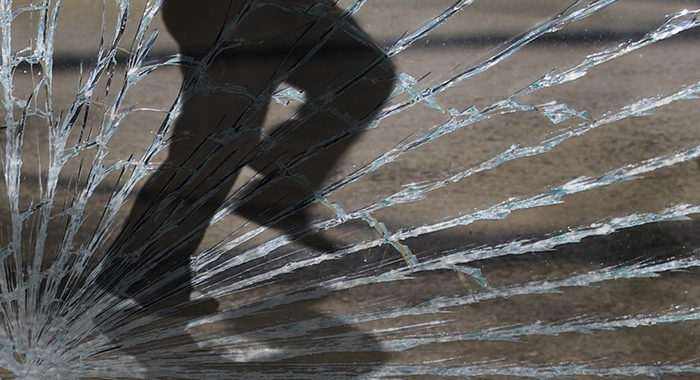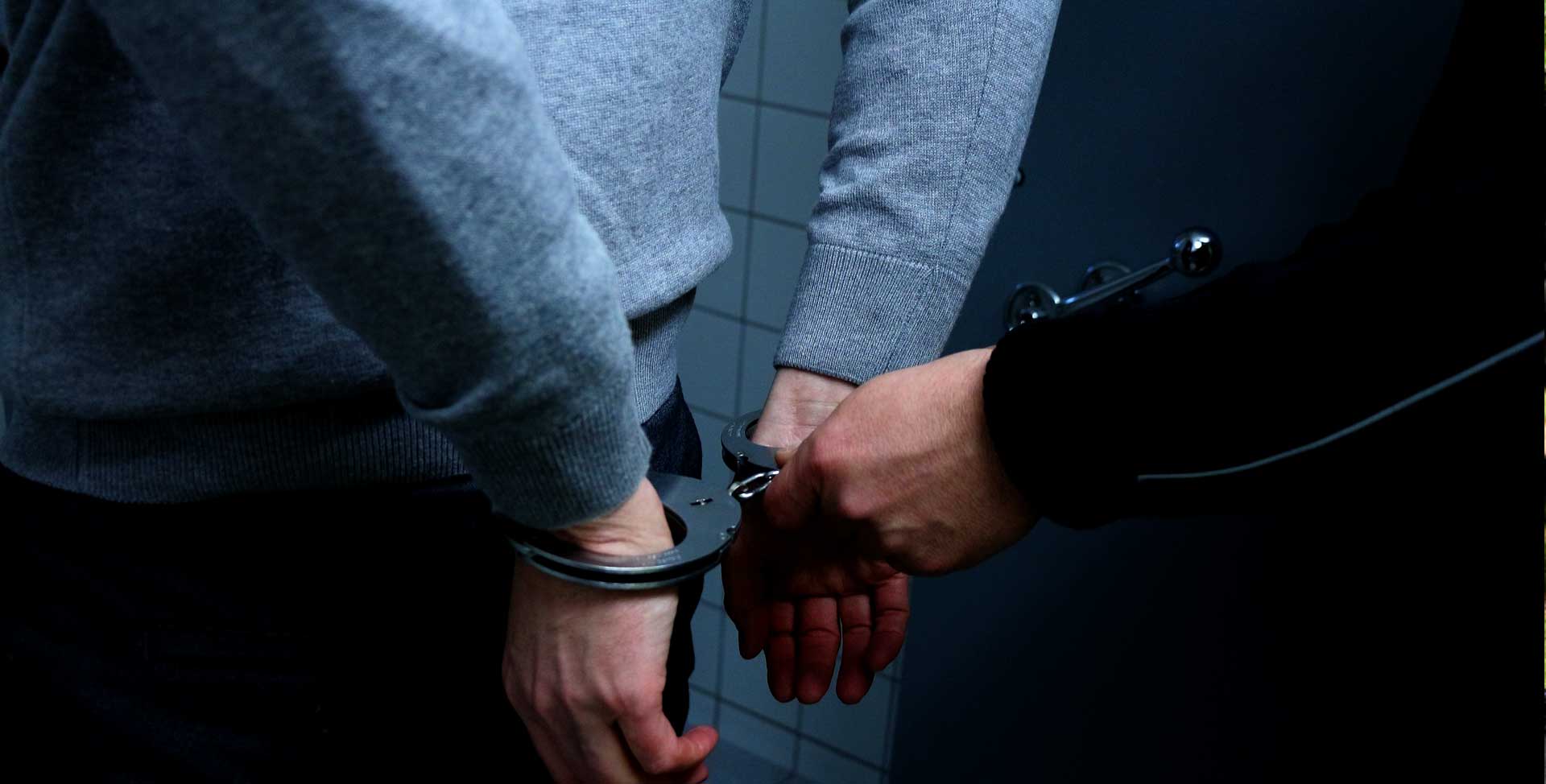Can Police Use Lethal Force on a Suspect Who Tries to Run Away?
The state court trial opened late in 2016, but the judge hasn’t yet ruled on whether the mobile phone video can be shown to jurors. The defense is claiming the video is unfairly prejudicial to the accused police officer.
Standards of Behavior
- If the officer knew he was interacting with a suspect who had a violent criminal past and there was high risk of immediate attack
- If the officer witnessed the suspect threatening anyone before or during the interaction
- If the officer saw Scott wielding a deadly weapon
Slager faces 30 years to life if convicted. He also faces separate federal charges of violating Scott’s civil rights. That trial is scheduled for 2017.
Be on Your Best Behavior When in the Presence of a Police Officer
If you would like to find out more about having Getz & Braverman, P.C. represent you or provide legal advice, email, live chat, or call us at 718-618-5567. We also accept text messages at 917-734-7583.
There are many sources of legal information available online. These articles and information on our blog and website do not constitute legal advice. “Attorney Advertising” and prior results do not guarantee a similar outcome. We adhere to all confidentiality requirements, but until we have accepted your case, no attorney-client privilege is established. The choice of selecting an attorney is an important personal decision that should be carefully considered. If you need legal advice, please contact an attorney directly.
Some of the case summaries, reports of past results and individual lawyer biographies on this website describe past matters handled for clients of the Firm. These descriptions are meant only to provide information to the public about the activities and experience of our lawyers. They are not intended as a guarantee that the same or similar results can be obtained in every matter undertaken by our lawyers.
ARE YOU DEALING WITH THE ISSUE IN THIS ARTICLE?
Let us help you. We post these articles to help you understand the issues you may be facing, but we welcome your questions. Contact us if you want more details or need to ask about a specific case. We’re here to help
718-618-5567




